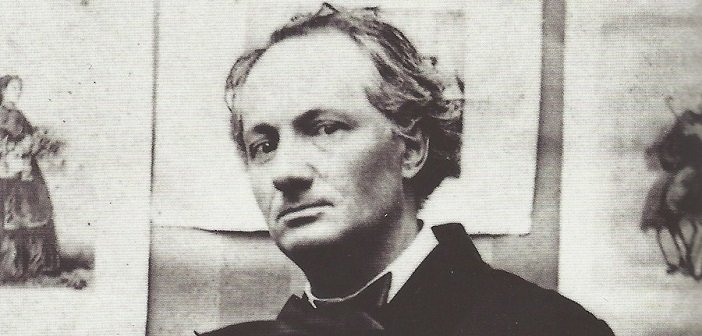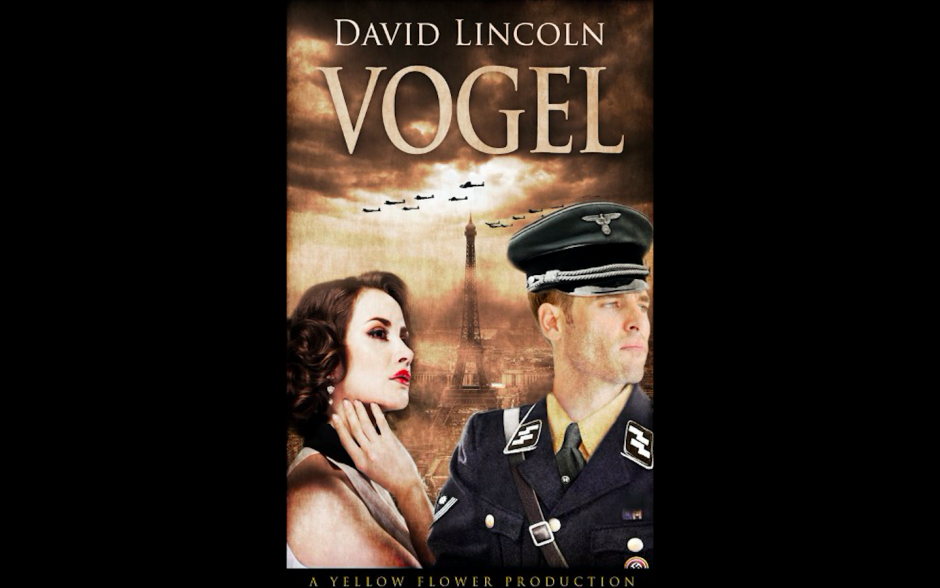Editor’s Note: This work was borne from a conversation about art criticism between Amanda, an artist and Fictional Café’s fine arts barista, and myself over lunch in a Chinese restaurant last winter in Providence, Rhode Island. (The restaurant shall remain nameless, as the conversation was much better than the food.) We tended to agree that contemporary art criticism, as well as literary criticism, had both lost much of their moorings as expressions of Aristotelian criticism. We resolved to study this anachronism further. We decided to read and write about the art criticism of the French poet, essayist and libertine Charles Baudelaire (1821-1867). Our source was the book Charles Baudelaire: Selected Writings on Art and Literature (New York: Penguin Classics, 2006). Baudelaire is best remembered for his highly controversial poetry collection, Les Fleurs du Mal, and for translating Edgar Allen Poe into French, yet while alive he was also highly regarded for his incisive writing about art. He favored Romanticism in the arts and attended many annual art exhibits in Paris known as Salons. “The Salon of 1846” was the second…
“The Kaiser of the Immaterial Kingdom,” by Ewa Mazierska
It was late afternoon in late January. I was sitting on my own in a compartment of a Berlin–Warsaw train. There was only two or three minutes until its departure, and I assumed that I would have the compartment to myself when this guy came in. He didn’t say hello or ask if the remaining seats were free, as it was customary on the Polish trains, just took his seat near the door and put his small rucksack and two shopping bags on a shelf above him. Although his behaviour was verging on being rude, I felt instant sympathy for him, in part because behind his actions I sensed a desire to be invisible rather than rudeness and in part on the account of his similarity to my old friend from university, with whom the…
“Vogel,” A Novel Excerpt by David Lincoln
TUESDAY, JUNE 13, 1944 AMIENS, FRANCE STANDARTENFUHRER HANS VOGEL entered cell 51. His black uniform was spotless and sat on his shoulders the way it would a man comfortable with physical exertion. The SS insignia on his collar faintly reflected the light from the bare bulb hanging from the ceiling. It was the only illumination in the cell, which reeked of urine and the familiar coppery scent of blood. The naked prisoner sat in a steel chair, straddling the drain in the middle of the room. His wrists were bound to the arms of the chair, his ankles held fast to its legs. Leather straps held his chest rigid. One eye was swollen and purple. His lips were shredded, and his body was peppered with bruises. A sergeant wearing a Wehrmacht uniform was standing behind…
“Stan the Sous-Chef,” by Wilson Koewing
Stan the sous-chef turned forty-seven on a Sunday. A fishing rod and an apron were painted in icing on his cake. After his modestly attended party, Stan cleaned streamers off furniture and vacuumed up confetti. When the guests were gone, and Stan knew his wife, Cathy, and his adult son, Jamie, were occupied, he wandered outside and released a happy birthday balloon into the sky. Stan stood in his driveway watching the balloon rise and float away for a very long time. Stan had been given his birthday off at work, the New Orleans Country Club, and since the club is dark on Mondays, Stan received two days off in a row. A phenomenon that had never occurred in the seven years he’d worked there. Taking advantage, Stan enjoyed a quiet day of fishing for…




